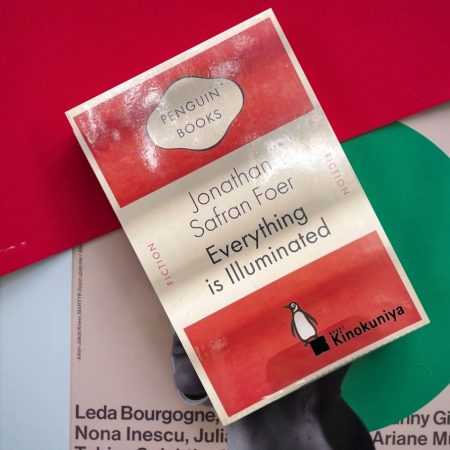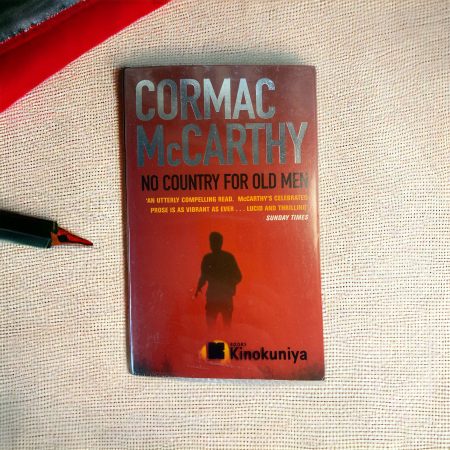Description
Starusch, a bachelor aged forty teaching ‘German and history (two inseparable subjects), undergoes protracted treatment by a dentist who uses TV to distract his patients. Gagged in his chair, the patient projects onto the screen his past and present with the fluidity and visual quality of the movies. Reality and fantasy, the actual and the repressed, overrun the screen in a mirror image of German history. Thus among other episodes we see Krings, one of Hitler’s most ferocious ‘fight-to-the-finish’ generals, return from Russian captivity and engage in sandbox reconstructions of Germany’s battles, determined to win them this time. In a casual throwaway, the author reveals his true identity — Field Marshal Schoerner.
Under the influence of local anesthesia, Starusch’s imagination releases h erotic fantasies and the very violence he tries to combat in his pupils, one of them a militant Maoist. The dentist, dispensing humdrum wisdom and painkillers with godlike aloofness, objects to violence, real or imagined, advocating universal Sickcare and a diet preventive of caries as a cure-all. Meanwhile, Scherbaum, Starusch’s favorite pupil, grimly prepares to burn his dachshund Max to stir u the conscience of dog- and cat-loving Berliners.
Juggling mockingly with lost and found illusions, with the tensions between reformists and revolutionaries, middle age and youth, Grass has created a satirical portrait of social confusions that adds to his customary exuberance a new mastery of subtle control.







